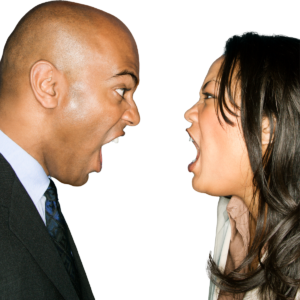October 9, 2021 15:00
Topics and people involved
The plurality of opinions is crucial a point of Democracy but the new information technologies seem to jam the social debate. Divisive News, in particular, keeps thriving and to push the public discussion as well as the political debate toward futile antagonism. Media actors and institutions are facing a complicated transformation of their roles to adapt to the new reality of information dynamics.
At the same time, the availability of data and analysis tools let scientific research on these topics flourish in an unprecedented amount of meaningful results about the infosphere phenomenology. How do news spread and, in particular, divisive news? Which role do bots play in shaping public opinion? What is the interplay between information accessibility and actual behaviours? All these questions are being addressed and gradually answered by the interdisciplinary community of scientists.
But how can these answers have an impact on the social debate? How can journalists, editors and institutions benefit from scientific research? And how can scientific research be improved through stronger collaboration with news and media subjects?
This panel will explore the emerging scenarios through different lenses provided by media actors, scientists, regulators and institutions’ representatives such us:
- Giulia Boldi Lawyer and researcher on Constitutional Law. Her innovative work analyses the misinformation phenomena from a legal perspective, intending to define new jurisprudential tools to contrast the issue without damaging our civil rights of expressions and thought. State of the art on these matters and how science can provide theoretical support for this kind of effort would enrich the debate.
- Claudio Cappon General Secretary of COPEAM, Journalism Trust Initiative. Former General Director of the Italian public broadcaster RAI, he has been Vice President of the European Broadcasting Union for 6 years. His experiences in the information industry and the public service could be valuable to our discussion as well as his current project, the Journalism Trust Initiative, and its possible relations with the scientific world.
- Marco Delmastro Managing Director AGCOM, the Italian Authority for Guarantee in Communications. Economist PhD, he is the former Director of Economics & Statistics at AGCOM and author of several scientific publications. He is also on the board of national and international research committees and task forces against misinformation. Given his multidisciplinary expertise, he could help us define the scientific questions to be answered to support authorities in their struggle against misinformation.
- Anja Kaspersen Senior Fellow at Carnegie Council for Ethics in International Affairs. A published author and public speaker, she is a firm believer in multilateralism and the power of science and technology diplomacy to ensure responsible innovation and the ethical development and uses of intelligent systems. She will share reflections and insights on dis – and misinformation, the increasing Weaponisation of narratives and ambiguity, and the role of AI enhanced information systems in International Affairs.
- Fabiana Zollo Assistant Professor of Computer Science and Research Fellow in the Center for the Humanities & Social Change at Ca’ Foscari University of Venice. As one of the top scientists on the topic, she works on misinformation, from the spreading to the impact on behaviours, and opinions polarization. She could draw a picture of the most recent advances in the field and their potential applications.



